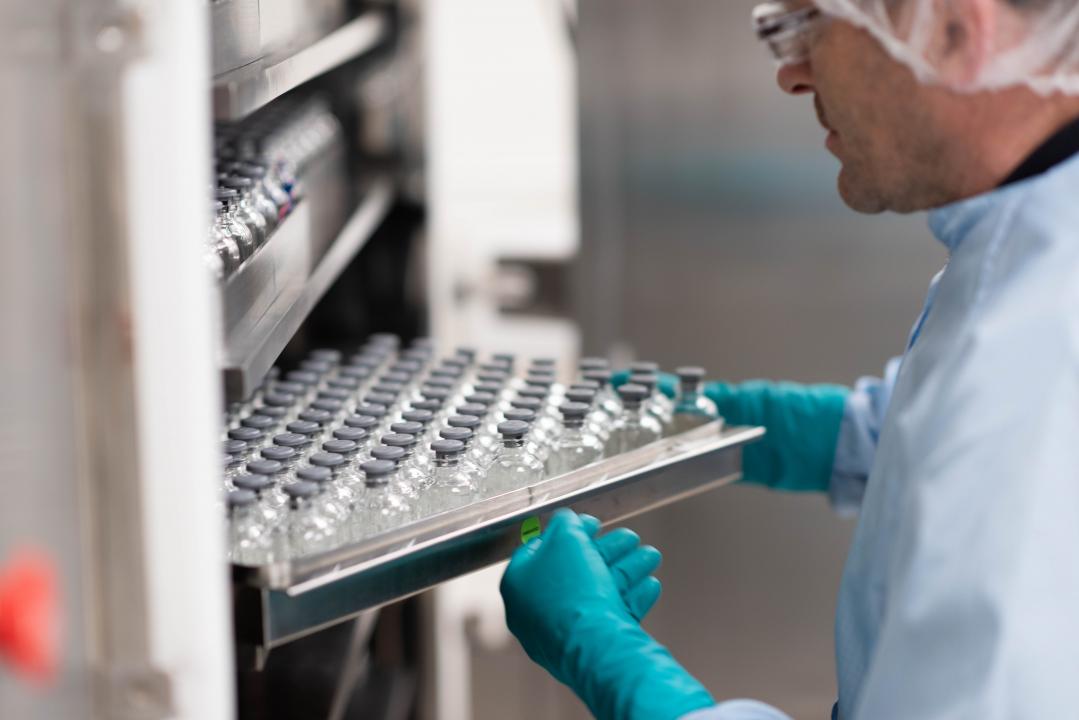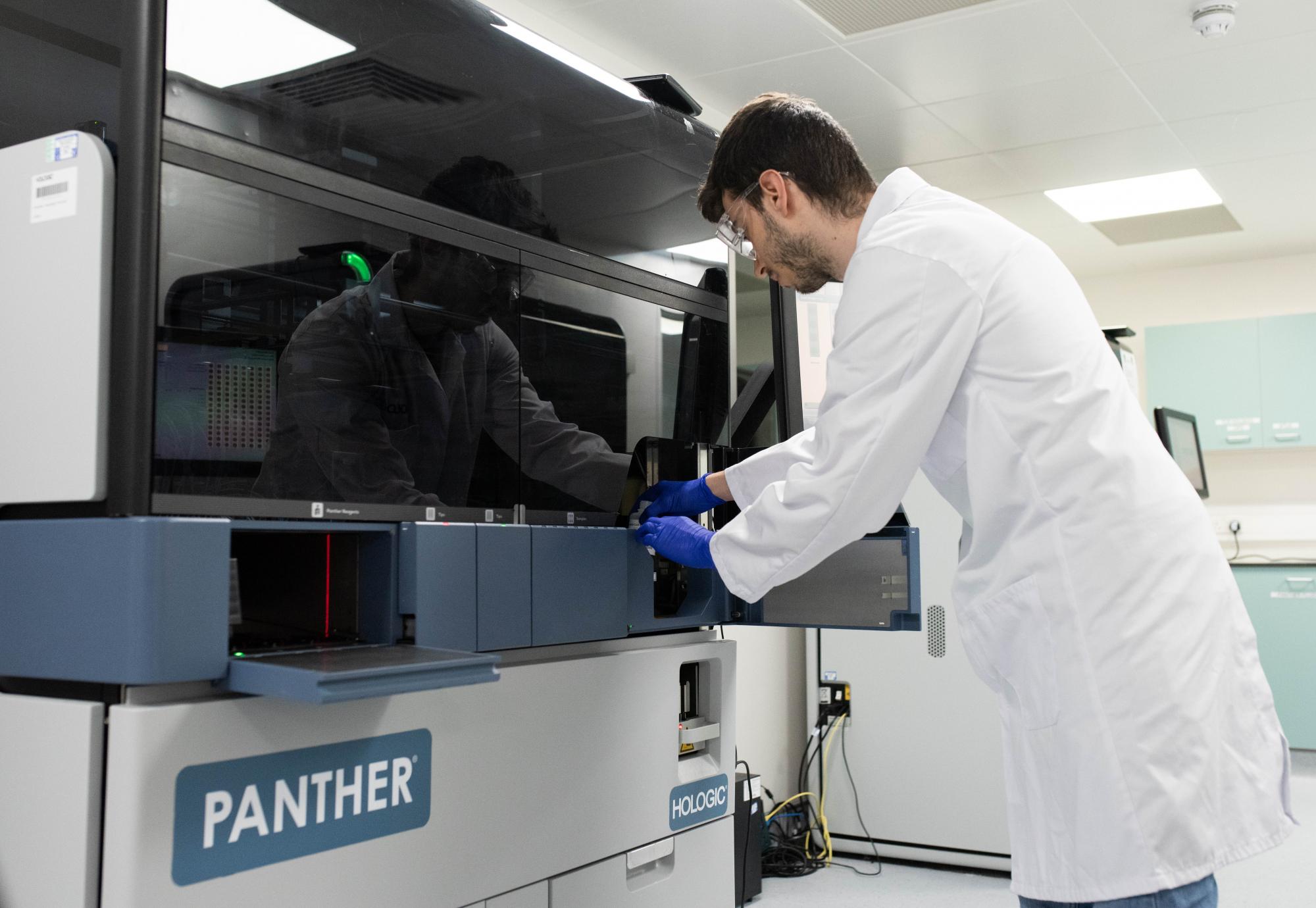What have been some of the challenges faced by the diagnostic industry in responding to the pandemic?
The complexity and spread of SARS CoV-2 meant that those working in the diagnostics industry had to overcome scientific and operational challenges at speeds never seen before.
We had to step up to respond to the sheer demand of testing, with the fast transmission of the SARS CoV-2 virus meaning testing millions of people was key and rapidly scaling up capacity to meet demand was essential.
We also discovered that developing a high quality test is only half the battle. The bigger challenge is getting sufficient tests and the instruments to run them in the hands of the right people so they can make the right healthcare decisions. Then you need to sustain the effort and respond to supply challenges.
What have been the key lessons learnt?
Data plays a key part in building understanding of a new virus and preparing for the future. The Covid-19 pandemic has precipitated unprecedented sharing of information and access to more genomic sequencing data. This helped us monitor in almost real-time the effect of mutations on the performance of our tests and confirm they were not affected.
Our bioinformatics team developed new computing tools to monitor public data and wrote programmes to analyse an overwhelming amount of information. Timelines were reinvented - analysing a set of 200,000 or more sequences used to take a week but the new process allows us to do this in a day or two.
It is also vital not to ignore warning signs about emerging virus threats and to regularly monitor and share data. This continued monitoring should allow all parties to respond quickly and get ahead of any future threats and we have found that programming to expedite big data analysis has a key role to play in doing this.
We also had to learn how best to respond to supply challenges, as the whole sector was faced with unexpected shortages of key components to make COVID tests such as plastic and glass vials as demand skyrocketed. We saw great ingenuity during the pandemic, for example, we confirmed that customers could use many different tubes and workflows on our diagnostics systems helping to mitigate collection tube shortages by providing more options.
And while testing and treatment scale up are important, so is protecting your workforce. Having enough personal protective equipment on hand for the first responders and hospital staff to do their job and stay safe is an essential consideration.

How can we better prepare for future pandemics?
While the diagnostics industry and vaccine community can continue to scale faster, government and industry also need to better prepare for shortages. Creating stockpiles of tubes and plastics may work in future but they do have expiry dates, so preparedness also comes with a cost attached.
What is also needed is robust scenario planning from multidisciplinary teams so that challenges can be anticipated and modelled for future pandemics. Considering what the pain points are and how we can reasonably solve them is a sensible first step.
Building resilience into the system needs to be a core component of anticipating future threats. Multiplex assays are likely to become more prevalent so labs and hospitals can test for respiratory viruses with similar symptoms such as SARS CoV-2, flu and respiratory syncytial virus (RSV) simultaneously and treat the patient accordingly.
While the world is more prepared to face a future threat there are still big questions that remain and the choices that come next are difficult. What is clear from the Covid-19 pandemic is that it could happen again, and more government level planning and investment is needed to prepare for such future events.



















